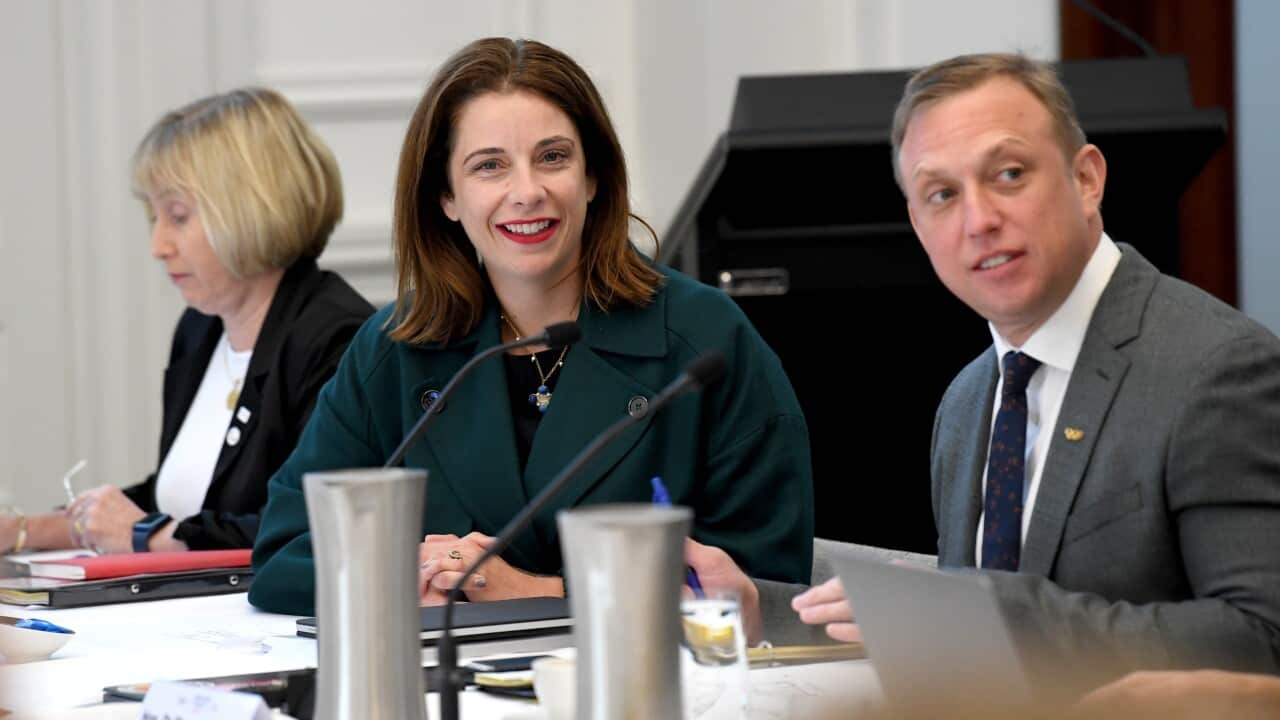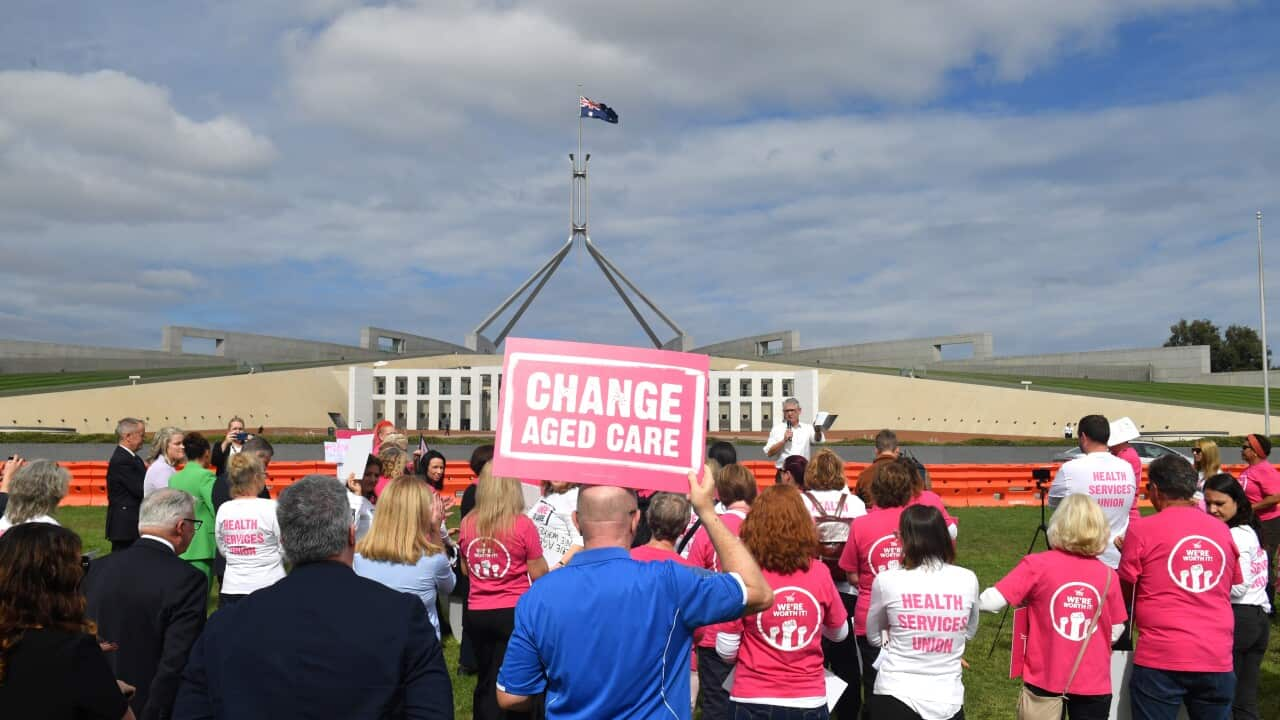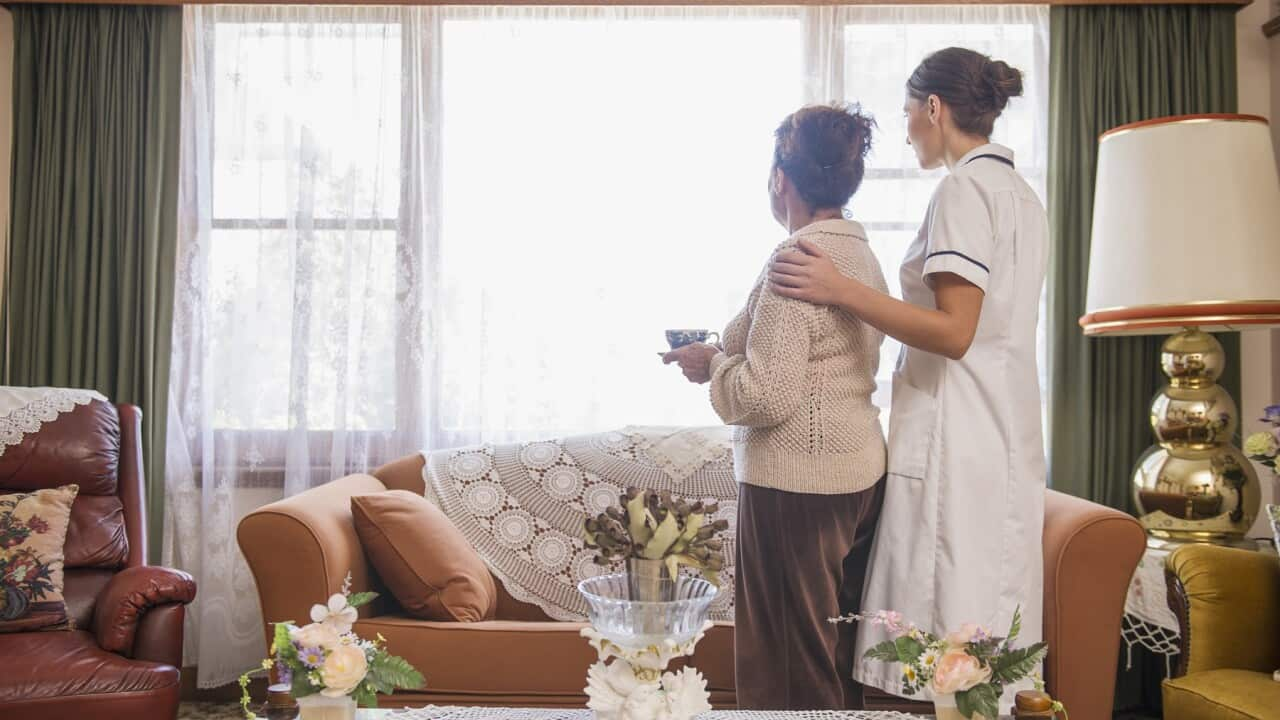New aged care minister Anika Wells has outlined her priorities and plans for the sector, including facilitating the migration of overseas aged care workers to address skill shortages.
Ms Wells told the Sydney Morning Herald that with international borders now open, she would work with the minister for immigration, citizenship and multicultural affairs to develop policies that would address the projected increased demand for labour and persistent staff shortages in the sector.
"While recruitment of Australians to fill roles in the aged care sector is a priority for the government, migration has historically played a role in the aged care workforce, and will continue to play a role in future," she said.
"Policy settings will be developed in close consultation with the aged care industry and relevant unions."
At present there is a range of skilled visa options available to facilitate migration of health and aged care professionals, including internationally-qualified registered and enrolled nurses, she said.
Prior to the election, the to supporting aged care workers’ calls for better pay at the Fair Work Commission.
According to the Health Services Union (HSU), entry-level care workers are paid about $21 an hour, but the union is calling for the Fair Work Commission to increase wages by 25 per cent above the award.
With the case before the Fair Work Commission already underway, Ms Wells said the government intends to provide a submission.
"It’s clear that we haven’t valued people in the care and support sector enough. People are leaving the sector when we need tens of thousands more to come into it," she said in a statement.
"An increase in workers’ wages will overwhelmingly benefit working women, given more than 85 per cent of the direct care workforce across both residential and home care are women."
Ms Wells has also committed to improving the quality of food and nutrition in residential aged care facilities after the Royal Commission into Aged Care Quality and Safety found the average expenditure on food to be just $6.
"Good nutrition can contribute to a reduction in falls, fewer infections and illness and, of course, overall happiness and wellbeing for older people. I will work with the aged care sector to develop minimum standards for food and nutrition in residential aged care facilities," she said.
The government also plans to have a registered nurse onsite at residential aged care facilities 24 hours a day, seven days a week, while also requiring each resident to receive at least 215 minutes of care per day, including 44 minutes with a registered nurse.
"Australians have shown that they want and expect an aged care system in which older people are genuinely front and centre," Ms Wells said.
"They want to have confidence that the aged care system is there to support them and those they love when and where they need it."












